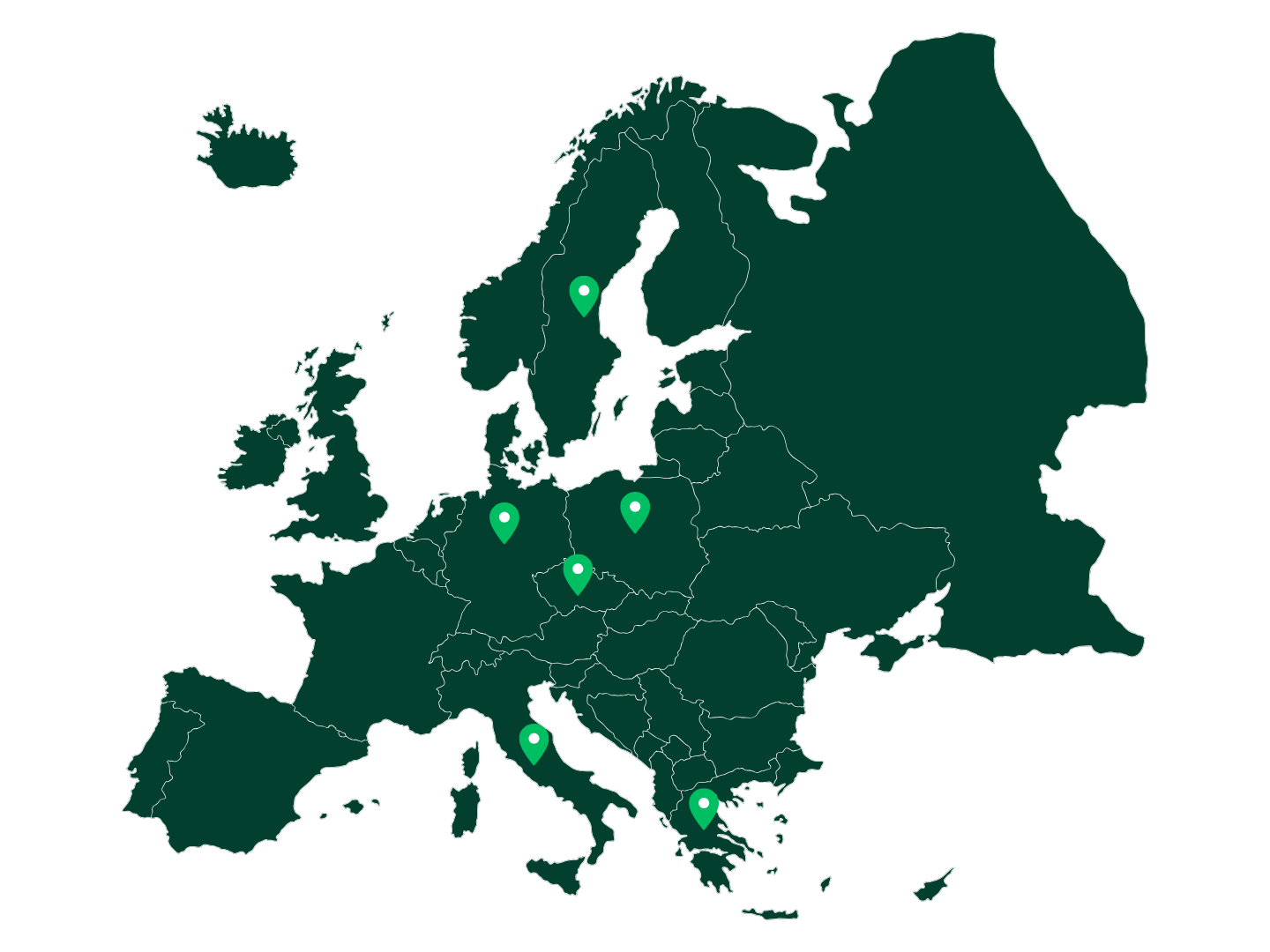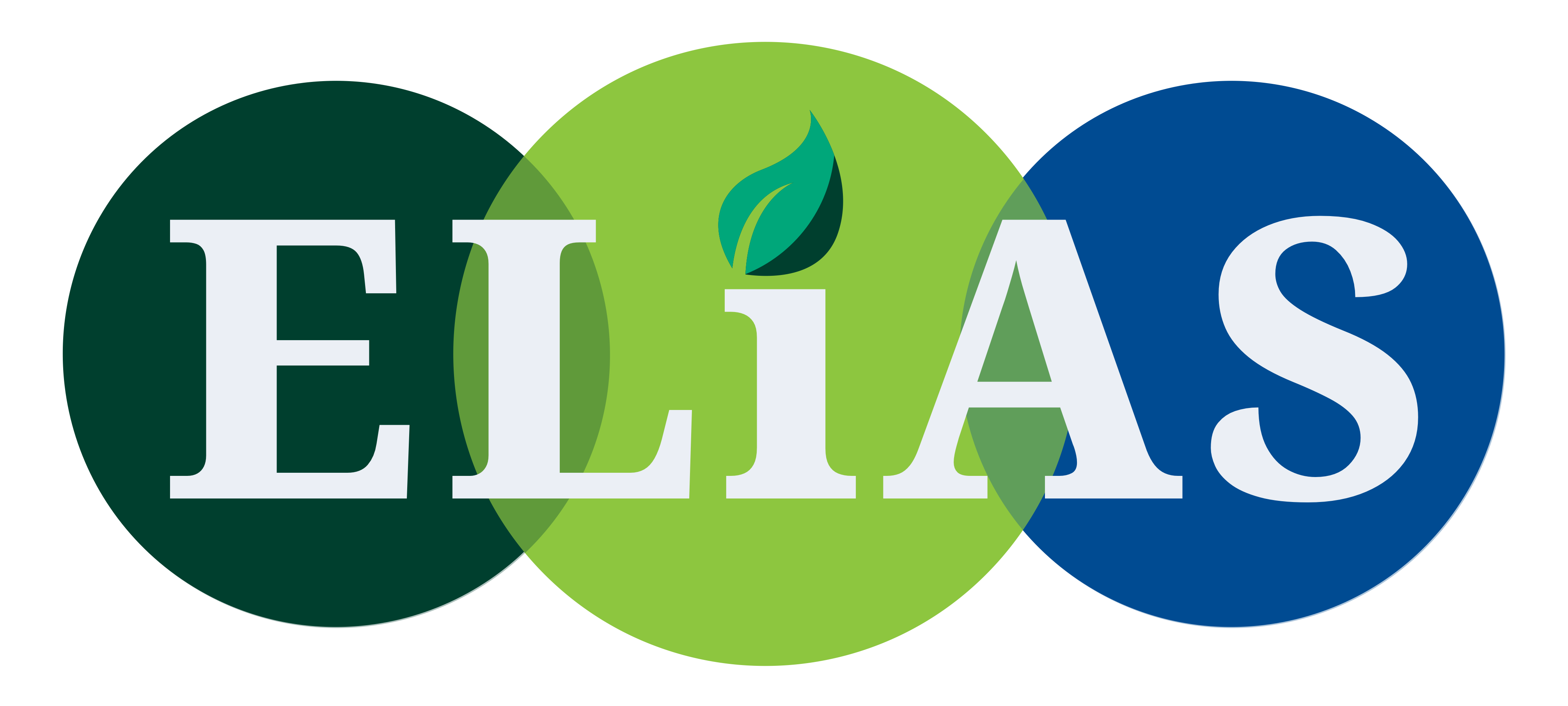The ELIAS network included 21 ELLIS Fellows at the proposal stage, nine of whom are current or former ELLIS Board members, and ten who serve as Research Programme Directors.
Key Contributions of Fellows and Scholars:
- Leadership in Research: Fellows and Scholars contribute actively to 14 ELLIS thematic programmes, addressing AI theory, applications, and societal impact.
- Community Building: They organise workshops, summer schools, hackathons, and competitions, while fostering collaboration between academia, industry, and start-ups to align AI innovation with societal needs.
- Shaping the Future of AI: As thought leaders, Fellows and Scholars drive Europe’s AI community and engage in public discourse on ethical and sustainable AI practices.
ELLIS Fellows & Scholars
Who are ELLIS Fellow and Scholars?
ELLIS Fellows: Senior scientists with extensive research experience who have made significant contributions to the field of AI. Fellows serve as strategic leaders and ambassadors, providing expert guidance and driving public debate on data-driven AI research.
ELLIS Scholars: Promising junior researchers, often assistant professors, who are on a trajectory to becoming senior leaders in AI research.
ELIAS Objectives for Fellows and Scholars
Expanding the Network: ELIAS aims to appoint new ELLIS Fellows and Scholars, with a strong emphasis on diverse representation across gender, geography, and discipline.
Ensuring Transparency: All evaluation and selection processes are conducted with the utmost transparency.
Nomination and Selection Process
Candidates for Fellows and Scholars must be nominated by ELLIS Unit or Programme Directors. Each nomination undergoes a rigorous peer-review process to ensure adherence to ELLIS’s high standards of scientific excellence and innovation.
Key Actions and Milestones
- New Call for Fellows and Scholars: the call launched on December 15th 2023, collecting nominations from ELLIS Units and Programs Directors.
- Preparation of the evaluation process: a robust reviewer database was created, and an expert ELLIS Fellows Selection Committee was established to select reviewers and oversee evaluations
- Evaluation Process: we supported reviewers and kept track of their evaluations
- Results: we received 240 nominations, of which 161 were accepted—37% as Fellows and 30% as Scholars.
The members of the ELLIS Fellows Selection Committee 2024
Andrew Blake (University of Cambridge) – General Chair
Nicolò Cesa-Bianchi (Università degli Studi di Milano) – Deputy Chair
Danica Kragic (Royal Institute of Technology) – Deputy Chair
Josef Sivic (Czech Technical University) – Deputy Chair
Karsten Borgwardt (Max Planck Institute of Biochemistry) – Area Chair
Barbara Plank (Ludwig Maximilian University of Munich) – Area Chair
Tinne Tuytelaars (KU Leuven) – Area Chair
Chris Williams (University of Edinburgh) – Area Chair
Ole Winther (University of Copenaghen) – Area Chair
Key Insights
- Diversity and Inclusion 29.2%
29.2% out of all accepted candidates are women, with balanced representation across Fellows and Scholars.
- ELIAS Representation 8%
Of the 161 newly appointed ELLIS Fellows and Scholars, 13 are working in ELIAS, representing 8% of the accepted nominations.
- Diversity and Inclusion 30.8%
Of these 13 ELLIS Fellows and Scholars working in ELIAS, 30.8% (4) are women.

Geographical Expansion: For the first time, Fellows and Scholars were appointed in Poland and Greece, aligning with ELIAS’s goal to reach underrepresented regions in Europe.
ELLIS Units Growth: with these 13 new F/S, we saw an expansion of some ELLIS Units such as the ELLIS Units in
- Milan (Politecnico di Milano, 2),
- Prague (Czech Technical University in Prague, 2),
- Trento (University of Trento, 4),
- Warsaw (IDEAS NCBR and Warsaw University of Technology, 2).
ELLIS Programs Growth: Considering all 161 new F/S, Multimodal Learning Systems, NLP, Natural Intelligence, and ML for Molecule Discovery saw significant increases in participation. Observing particularly the new F/S in ELIAS, 3 of them are now part of the Human-Centric AI (Umeå University, 1) and Multimodal Learning Systems (CERTH Information Technologies Institute, 1, and Tübingen AI Center, 1)
Check out the infographics to explore detailed insights and data on our Fellows and Scholars network.
Newly selected ELIAS-ELLIS Fellows & Scholars:
The 13 newly appointed ELLIS Fellows and Scholars span six countries: Sweden, Greece, Germany, Italy, Czech Republic, and Poland. Notably, this marks the first appointments in Poland and Greece, aligning with the ELIAS network’s mission to expand into underrepresented areas in the EU, particularly Eastern Europe.
Their affiliations highlight a strong representation of ELIAS partners in ELLIS Units Milan (Politecnico di Milano, 2), Prague (Czech Technical University in Prague, 2), Trento (University of Trento, 4), Warsaw (IDEAS NCBR and Warsaw University of Technology, 2), and and ELLIS Programs: Human-Centric AI (Umeå University, 1), Multimodal Learning Systems (CERTH Information Technologies Institute, 1, and Tübingen AI Center, 1). This distribution showcases the growing impact of these institutions and ELLIS Units within the network.
After the Call for ELLIS Fellows & Scholars 2024, over 33 Fellows and Scholars are currently active within the ELIAS network. Significant contributions have been made to major AI advancements, encompassing theoretical breakthroughs, practical applications, and addressing societal challenges. The network is fostering a growing, interdisciplinary, and inclusive AI community, supporting Europe’s position as a global leader in AI innovation.
Raffaella Bernardi – UNITN – Fellow – Italy – Unit: Trento
Lorenzo Bruzzone – UNITN – Fellow – Italy – Unit: Trento
Virginia Dignum – UMU – Fellow – Sweden – Program: Human-centric AI
Nicola Gatti – Polimi – Fellow – Italy – Unit: Milan
Ioannis Kompatsiaris – CERTH – Fellow – Greece – Program: Multimodal Learning Systems
Zuzana Kúkelová – CTU – Scholar – Czech Republic – Unit: Prague
Hilde Kühne – UT – Fellow – Germany – Program: Multimodal Learning Systems
Alberto Marchesi – POLIMI- Scholar – Italy – Unit: Milan
Andrea Passerini – UNITN – Fellow – Italy – Unit:Trento
Piotr Sankowski – IDEAS – Fellow – Poland – Unit: Warsaw
Torsten Sattler – CTU – Fellow – Czech Republic – Unit: Prague
Jacopo Staiano – UNITN – Scholar – Italy – Unit: Trento
Tomasz Trzcinski – IDEAS – Fellows – Poland – Unit: Warsaw
For enquiries regarding nominations, programmes, or collaborations, please contact:
Contact
Giulia Clerici
